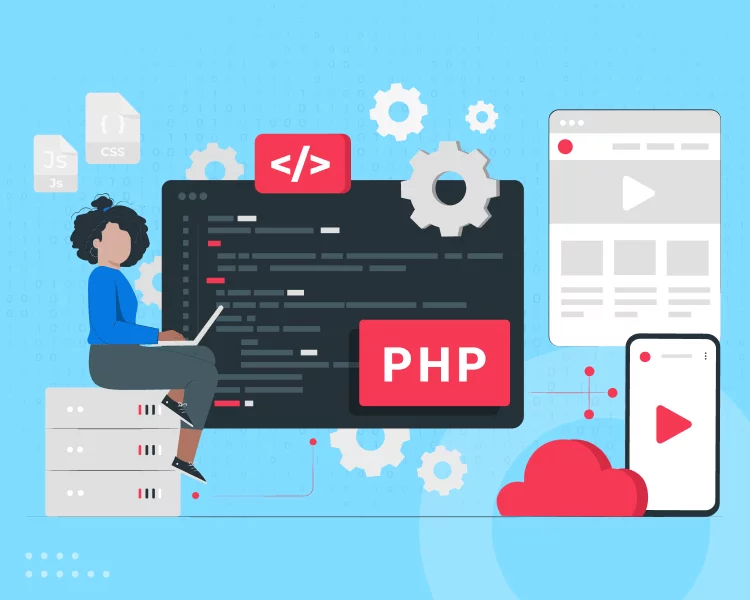Pulse of Information
Your source for the latest insights and updates.
PHP Development: A Code Odyssey
Embark on a coding adventure! Discover PHP development tips, tricks, and insights to elevate your skills to new heights.
Understanding PHP: The Building Blocks of Web Development
PHP, which stands for Hypertext Preprocessor, is a widely-used open-source scripting language that is particularly suited for web development. It enables developers to create dynamic and interactive web pages, making it a fundamental building block of modern web applications. Originally created in 1994, PHP has evolved significantly over the years, offering a wide array of features and functionalities. With its capability to integrate with various databases, support for object-oriented programming, and ease of use, PHP has secured its place as one of the preferred languages among developers.
One of the key reasons for PHP's popularity lies in its simplicity and flexibility. Here are some of the core features that make it an essential tool for web developers:
- Cross-Platform Compatibility: PHP runs on various platforms, including Windows, Linux, and macOS.
- Database Integration: It easily connects with multiple databases like MySQL, PostgreSQL, and MongoDB.
- Frameworks and Libraries: A plethora of frameworks, such as Laravel and Symfony, enhance PHP's capabilities and speed up development.
As the foundation of many content management systems (CMS) like WordPress, Joomla, and Drupal, understanding PHP is crucial for anyone looking to make a mark in web development.

Common PHP Development Challenges and How to Overcome Them
PHP development can present various challenges that developers encounter regularly. One common issue is managing code complexity, especially in large applications. As the project grows, code can become convoluted and difficult to maintain. To overcome this, developers should implement design patterns and frameworks such as Laravel or Symfony that promote clean architecture. Additionally, using version control systems like Git can help track changes and collaborate more effectively within teams.
Another challenge is ensuring application security. PHP applications are often targeted for vulnerabilities like SQL injection and Cross-Site Scripting (XSS). To mitigate these risks, developers should adopt best practices such as using prepared statements for database queries and validating user inputs rigorously. Furthermore, employing security libraries and tools can add another layer of defense, ensuring that your PHP development projects are robust and secure against potential threats.
What Makes PHP the Go-To Language for Backend Development?
PHP, which stands for Hypertext Preprocessor, has long been regarded as the go-to language for backend development. One of the primary reasons for its popularity is its ease of use; developers can quickly pick up PHP and start building robust applications without a steep learning curve. Furthermore, PHP seamlessly integrates with various databases, most notably MySQL, which makes it a preferred choice for creating dynamic web content. With a vast amount of community support and extensive documentation available, developers can find solutions to common issues quickly, promoting efficient and rapid development cycles.
Another reason why PHP remains a dominant force in backend development is its flexibility and adaptability. As an open-source language, PHP enables developers to customize and modify the code according to specific project requirements without incurring hefty licensing fees. Additionally, frameworks such as Laravel and Symfony provide developers with powerful tools and libraries that streamline the development process. Moreover, the language's compatibility with various content management systems (CMS) like WordPress and Joomla further amplifies its importance, allowing developers to build scalable and maintainable websites effortlessly.